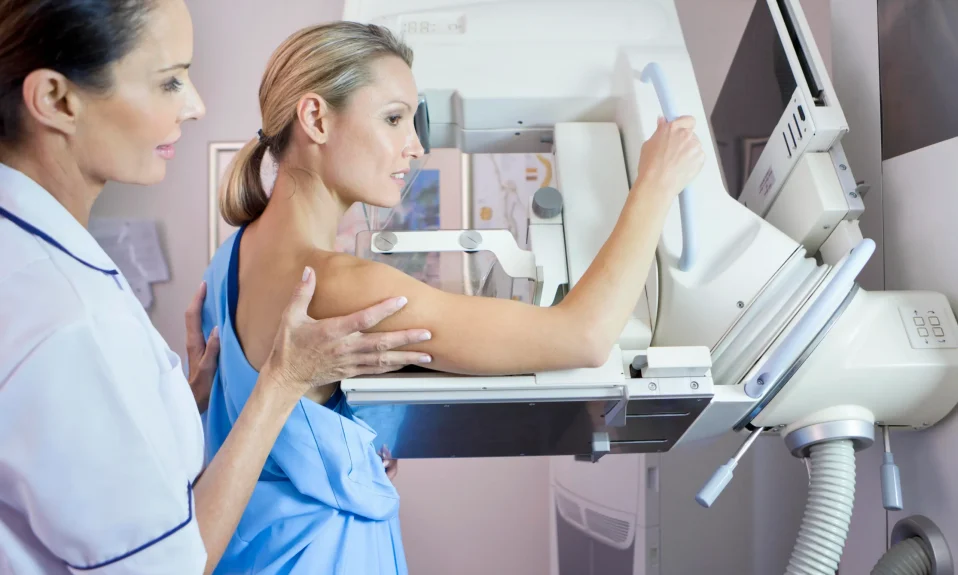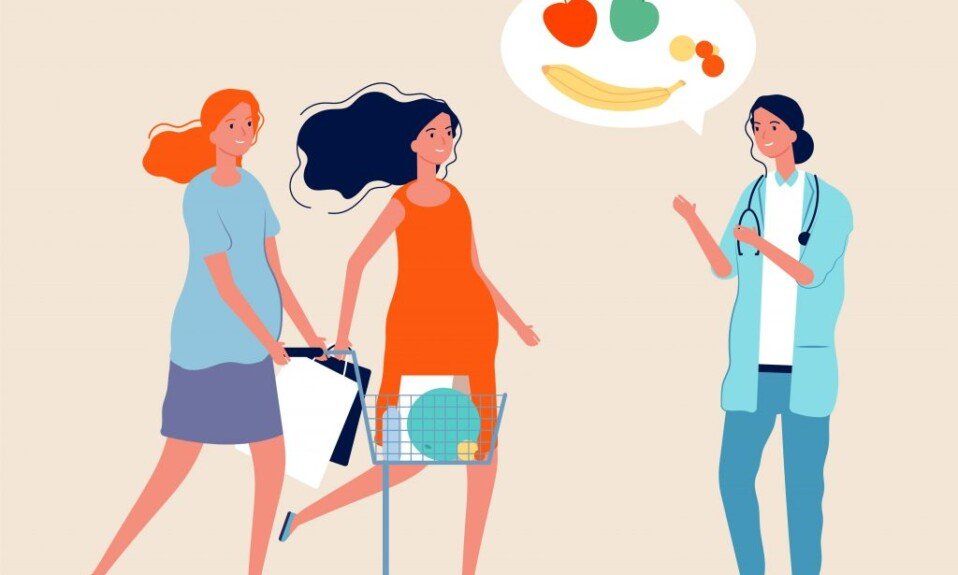Healthy snacks for pregnant women help you not be hungry between days and help your baby develop healthily.
Healthy nutrition is important during pregnancy. But if you have morning sickness or indigestion, you may have trouble eating large, heavy meals. Healthy snacks also help you at this point. Healthy snacks will help both satisfy your hunger and give your baby what he needs, who is developing day by day throughout your pregnancy.
Remember that you don’t need to eat for two. Just eating a few more calories during the last trimester of your pregnancy will contribute to your baby’s development and weight gain. This means that you eat 200 calories more per day on average.
Remember: Whenever you crave snacks or snacks during pregnancy, opt for something healthy and nutritious.
What Pregnancy Snacks Can Help Me Get the Vitamins I Need?
Folate and Folic Acid
Folate and Folic Acid are especially important in the first trimester of your pregnancy. During this period, be sure to consume plenty of folate-rich foods and take a daily 400 microgram (mcg) folic acid supplement.
Folates are natural folic acid found in leafy green vegetables. Folic acid is also added in some food types such as breakfast cereals.
Snack with folate food
Salad with red radish and small (baby) spinach leaves
Orange or a small glass of orange juice.
Vitamin D
Vitamin D helps keep your teeth, bones and muscles healthy. Experts recommend taking 10 mcg of vitamin D daily. Vitamin D is very important during pregnancy.
Warning: You can consume it under control by asking your doctor whether you will take vitamin D medication and its rates. Do not do anything on your own without asking your doctor.
Vitamin D is found in several foods, including fatty fish such as salmon, mackerel, and sardines. You can put smoked mackerel or sardines on wholemeal bread (toast). This would be a healthy pregnancy snack if you want to boost your vitamin d. However, be careful not to consume more than twice a week.
Vitamin C
Vitamin C is required throughout your pregnancy. It helps your immune system work well and your cells stay healthy. Thanks to this help of vitamin C, you can easily fight infections. Vitamin C also helps your body use iron if you have anemia.
With a balanced diet, you can usually get all the vitamin C you need. If you are looking for snacks rich in vitamin C, you can eat fruits such as oranges and strawberries or vegetables such as red peppers. You can add cress to your salad and prepare a mixed salad with fruits such as strawberries, citrus fruits, kiwi.
Caution: Vitamin C is destroyed if overcooked, so try to consume raw vegetables that can be eaten raw. Or try lightly steaming it.
Vitamin A
Vitamin A is necessary for the development of your baby’s organs, circulatory, respiratory and nervous systems. However, as with anything, too much can be harmful. That’s why you should avoid foods that contain a lot of vitamin A, such as liver.
You can get a healthy amount of vitamin A from red, yellow and green fruits and vegetables such as spinach, carrots, mangoes and red peppers. These vegetables and fruits contain Beta-carotene to provide your body with vitamin A. It will be healthy and safe for you and your baby to consume such fruits and vegetables.
You can add ripe mango, peach and orange slices to your yogurt or cereal. You can also make smoothies to take to work or make soups with carrots and pumpkins.
Which Pregnancy Snacks Will Help Me Get the Minerals I Need?
Calcium
Calcium is important for your baby’s developing teeth and bones and can help reduce the risk of high blood pressure, so it’s good for you and your baby.
You need a lot of calcium in the last stages of your pregnancy, especially in the last trimester. This is because your baby’s growth accelerates during this period and needs calcium for the development of bones and teeth.
Plain yogurt or dairy products are good sources of calcium. It will be more beneficial to consume sugar-free or low-sugar dairy products.
If you do not consume dairy products, you can consume calcium-fortified soy-containing yogurt and dairy products and breakfast cereals. Green leafy vegetables and nuts such as dried apricots, almonds and sesame also contain calcium. As a snack, you can consume a handful of nuts, soy yogurt or a small bowl of calcium-enriched cereal.
Iron
Iron is important to make sure your baby has a good supply of blood and oxygen and can get all the nutrients he needs for development and growth. During your pregnancy, your body will get better at using iron, so your doctor will not usually recommend iron supplements. But some women develop anemia during pregnancy, so it’s important to consume plenty of iron-rich foods.
Iron-rich foods
- Red meat (like beef and lamb)
- Pulses (like nuts, lentils, and beans)
- Eggs
- Leafy green vegetables (kale, spinach) , watercress)
- Wholegrain bread
- Dried fruit
Hint: Vitamin C allows your body to use the iron from vegetables and legumes. For example; If you make toast, you can consume it with orange juice. You can consume the boiled egg with some spinach or a handful of dried apricots/figs.
Are there any other nutrients my body needs for my pregnancy?
Omega-3 fatty acids are important for your baby’s brain and eye development. You can get them from oily fish such as mackerel and salmon. However, do not forget that; It is better not to eat fish more than twice a week while pregnant. Also, if you don’t eat fish, you can consume eggs with high Omega 3 ratio.
It is important to consume fiber-rich foods during your pregnancy. Because it both prevents your constipation and makes you feel full for a longer time. Fruits and vegetables, whole wheat pasta, brown rice, potato with its peel are foods containing fiber.
Our previous post What Vitamins and Minerals Are Required During Pregnancy? in our article information about.














